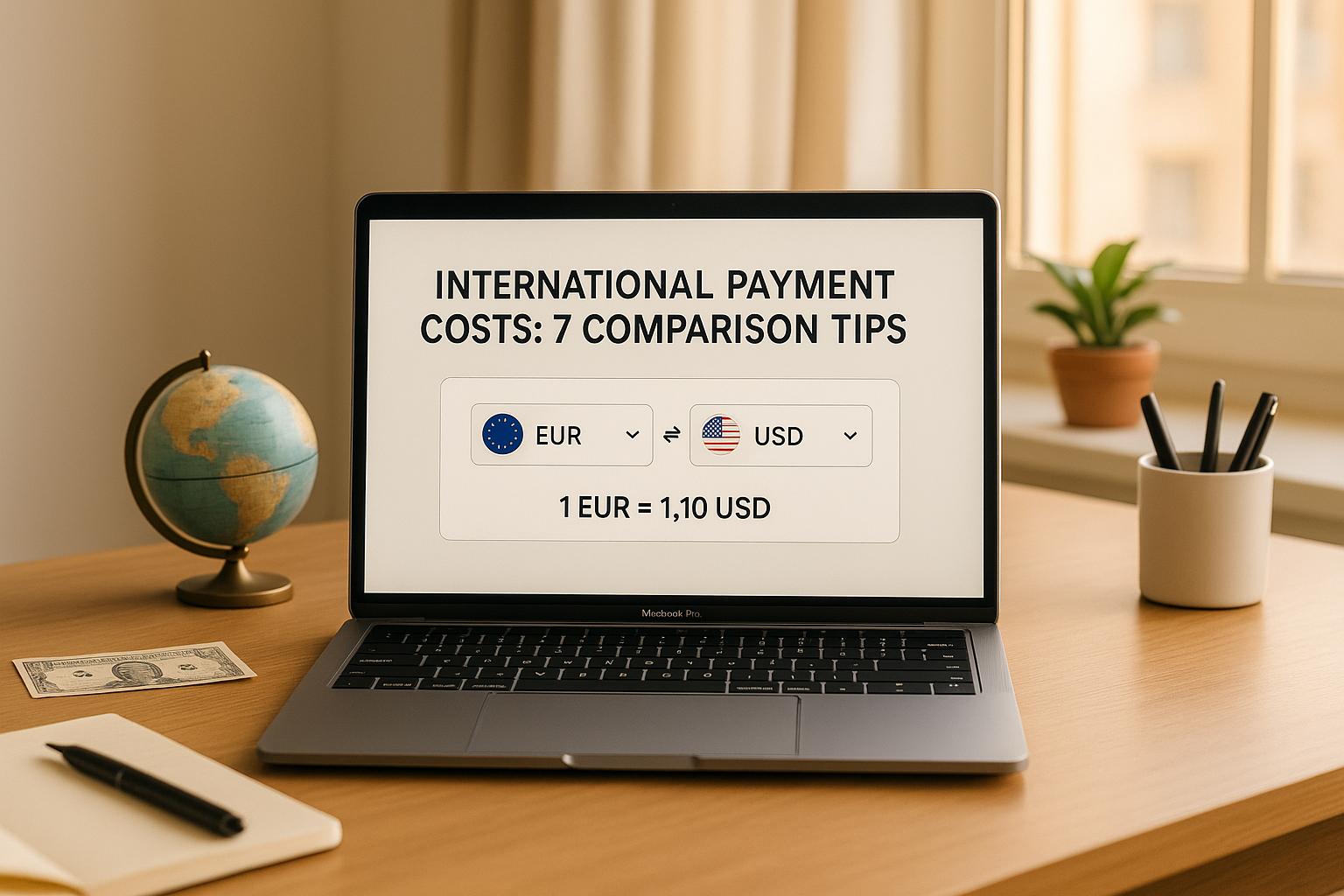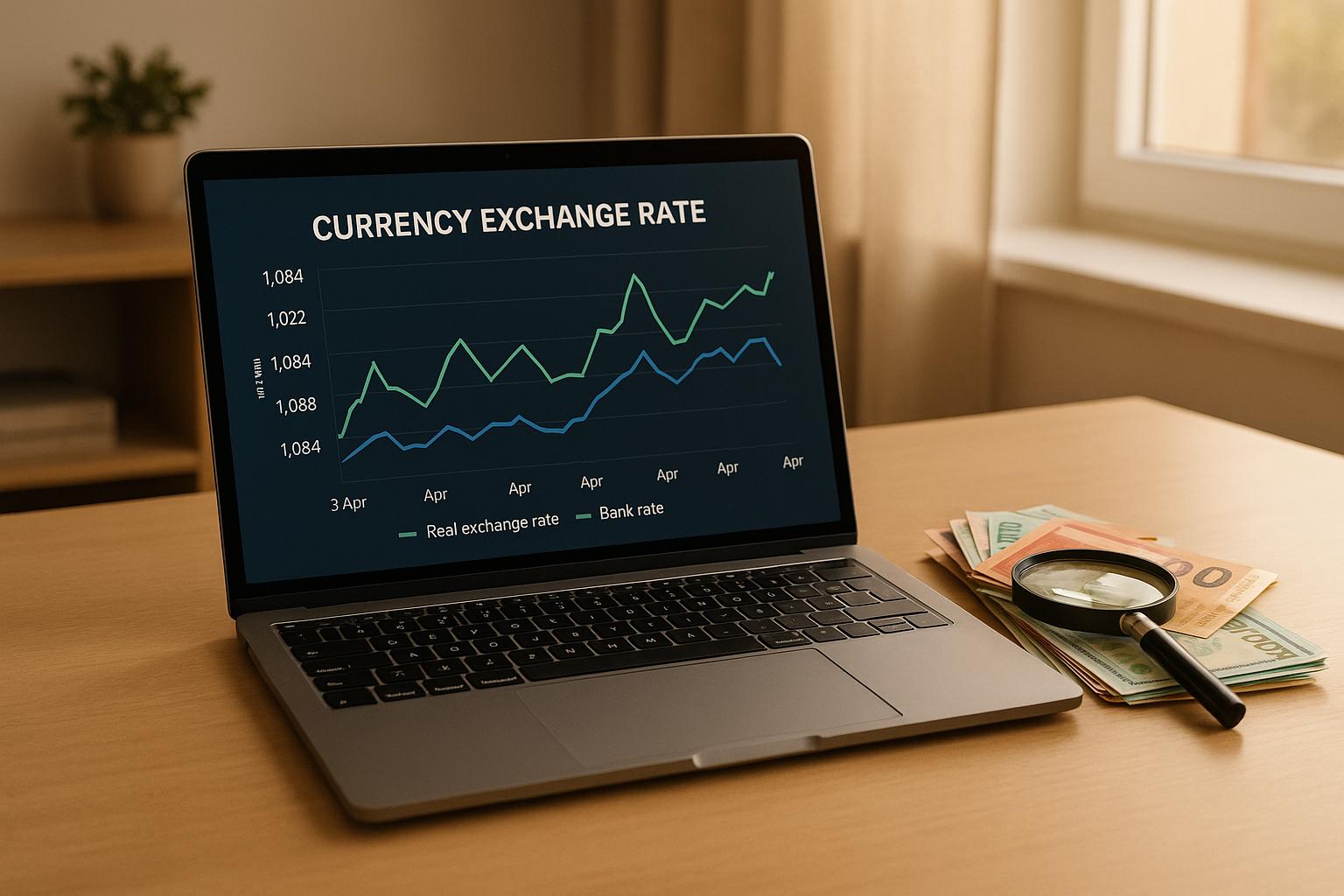We touched on this in our article on Currency Basics, explaining how the exchange rates that banks and brokers trade at is marked up to produce the rates they give to their clients. This is the main way that banks and brokers make money from foreign exchange.
In this short article, we'll look at some of the ways that currency trading presents opportunities for profits from banks and brokers:
Spreads: The Core Revenue Stream
The primary way banks and brokers make money in currency trading is through the "spread." The spread is the difference between the buying (bid) and selling (ask) prices of a currency pair, just like we discussed in our other article. Here's how it works:
- Bid Price: This is the price at which a trader can sell a currency pair.
- Ask Price: This is the price at which a trader can buy a currency pair.
The spread represents the broker's profit margin. They offer a slightly lower price when you sell a currency pair and a slightly higher price when you buy it. The difference between these two prices is their earnings. Don't forget that, for private clients or business clients, the rates shown will be marked up by as much as 1% or more, generating significant spread income for the banks or brokers involved.
Swaps or Rollovers
Banks and brokers can also earn money when a client's position needs to be extended or brought forward. Forward contracts that are pre-delivered can generate an income (or a loss), and when a settlement needs to be pushed out to a future date, there is often a charge (more spread) taken via the exchange rate, generating more income.
Trade Cancellation ('unwinds')
Sometimes a client no longer needs a trade for whatever reason. When closing out a trade, the bank or broker will need to reverse the trade to square their position. Here's an example:
- Client bought $1 million at $1.25, selling £800K
- The market rate is now $1.20 and the client no longer needs the trade
- The bank/broker sells the $1 million, receiving £833.33K, a profit of £33.33K
- The bank/broker might tell the client that the cancellation carries no cost, meaning they keep all the profit (naughty)
- Or, they might take a spread on the close-out, let's say 50 pips, meaning that the client's cancellation rate is $1.2050, they receive £29,875 profit, and the bank keeps the remaining £3.457K as spread income on the unwind
Supposing the market had gone the other way, meaning that the client's position was in a loss (called 'Out of The Money', or 'OTM'), you can bet that the bank/broker would charge the client for all of the loss plus a spread!
Payments
Most commercial foreign exchange trading has an underlying need to move money around the world. The costs for such payments are moving lower, presenting an opportunity for banks and brokers to make a margin from say 50 cents to ten dollars or more per transaction.
Summary
In addition to spreads, rollovers, swaps, trade unwinds, and payments, banks and brokers can make money through value add services, proprietary trading, hedging, their own treasury operations, and through introductions of clients to other services or firms.
mycurrencycost.com is not a broker or a payments provider but, we can help you to get a better deal and to take control of your currency management.
Our free-to-use currency calculator tool will give you the information you need to control your currency costs, and if you reach out to our team, we can recommend a service provider to meet your needs.
Just email us at hello@mycurrencycost.com and we'll be happy to help.

